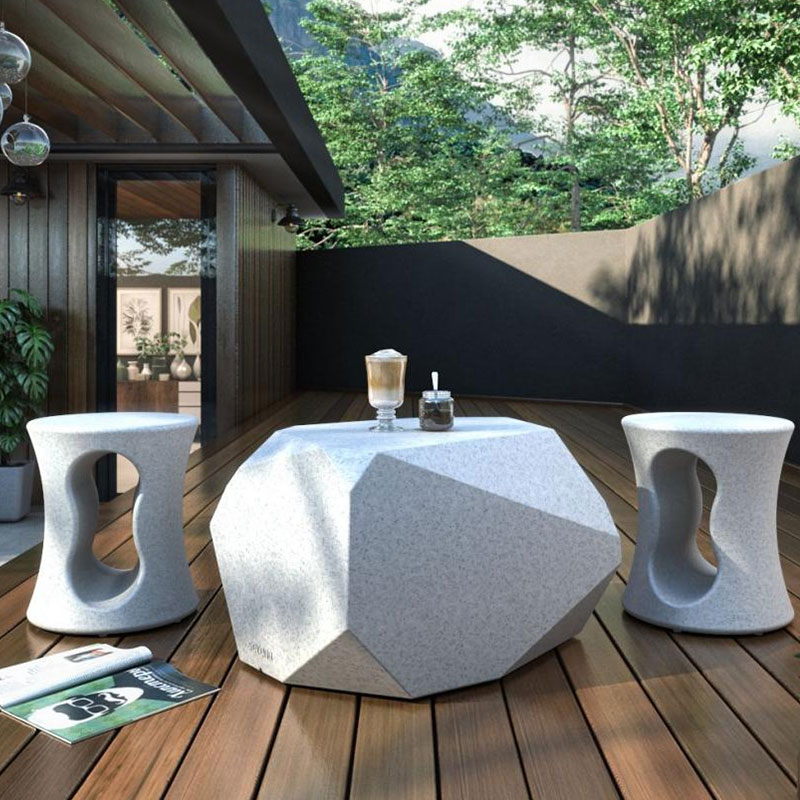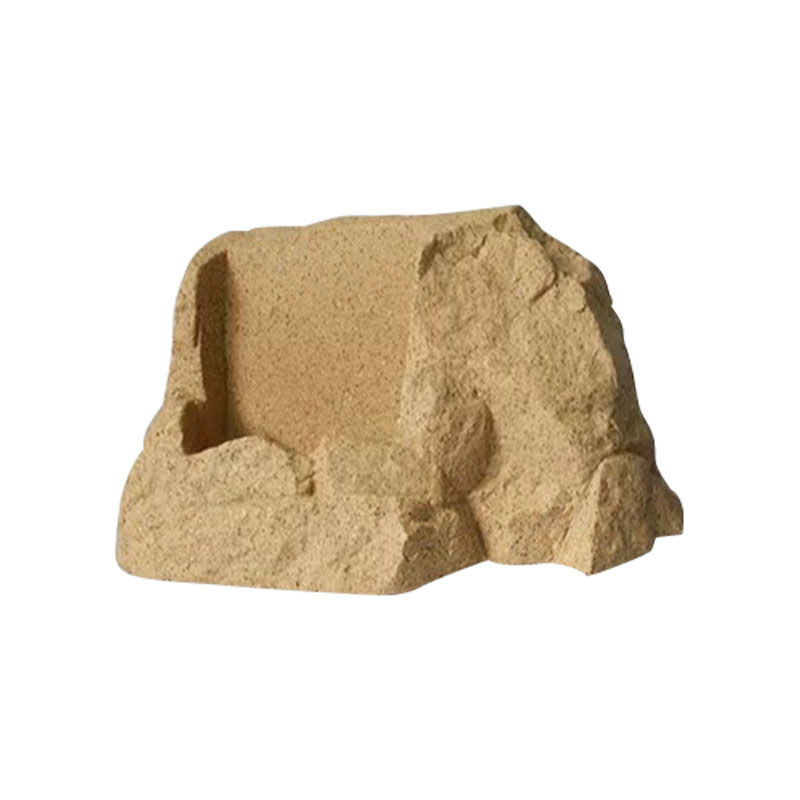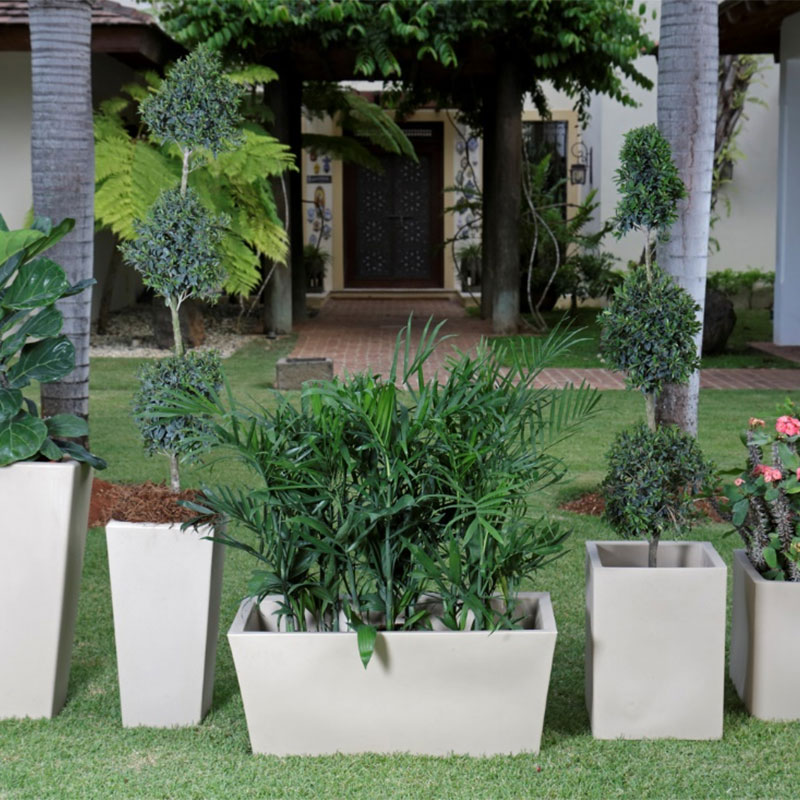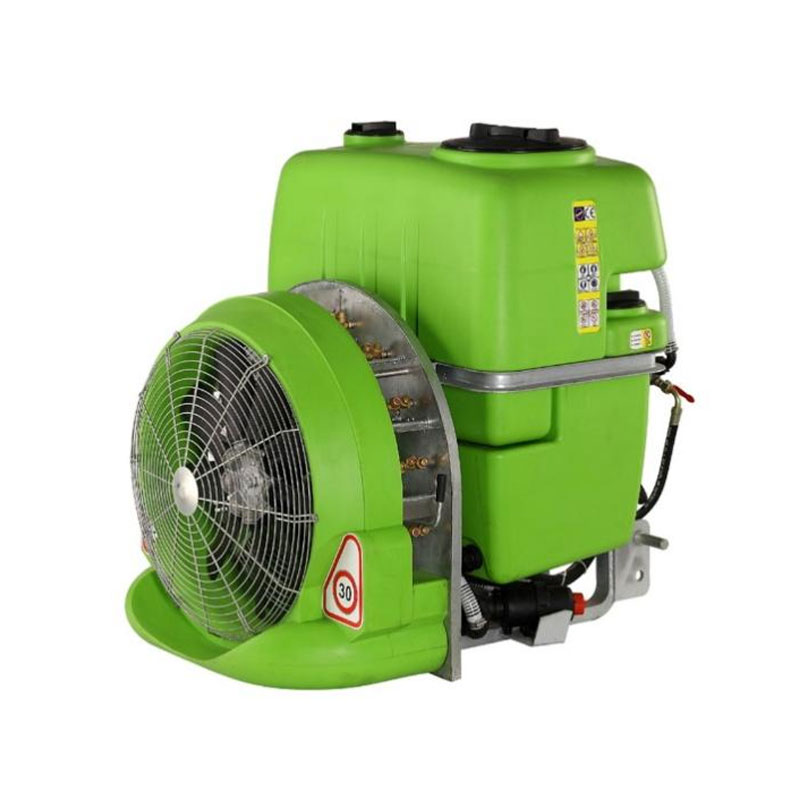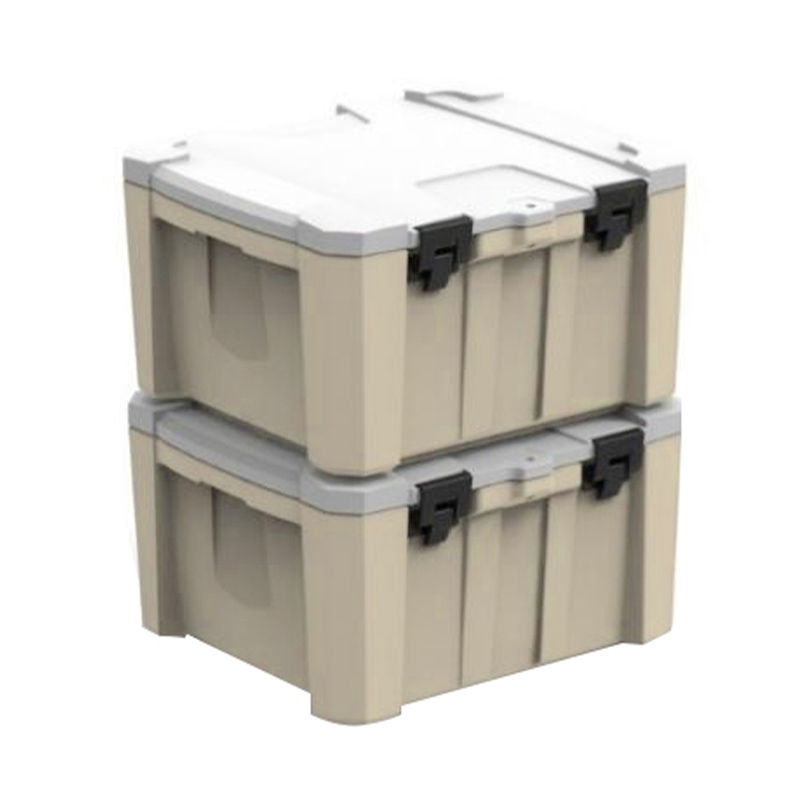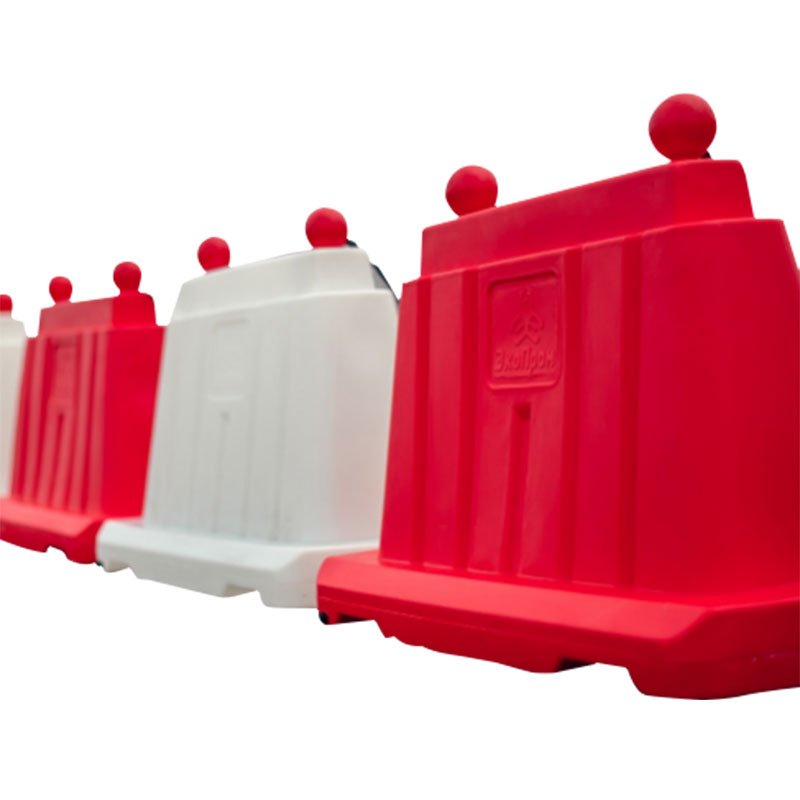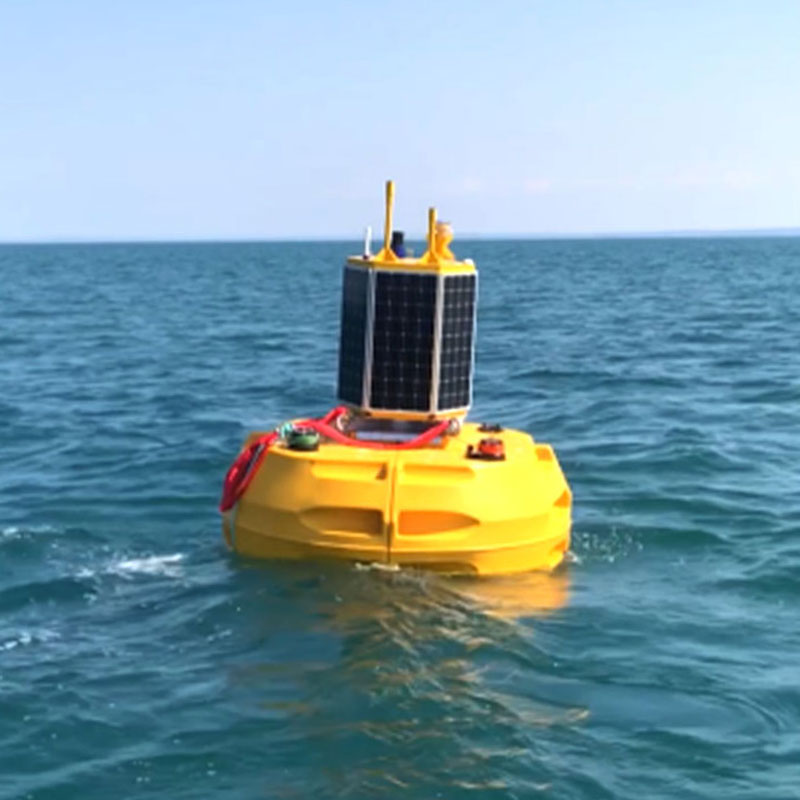In the early stages of vehicle design, the design of fuel tanks was mainly based on simple geometric shapes, such as rectangles or circles, which are easy to manufacture and low-cost. However, with the increasing complexity of vehicle design and the increasing tension in space utilization, the limitations of traditional fuel tanks have gradually emerged. On the one hand, it is difficult for a simple-shaped fuel tank to perfectly fit the complex contours of the bottom of the vehicle, resulting in space waste; on the other hand, the increase in fuel tank capacity is limited by shape and size, and it is difficult to meet the fuel storage requirements of high-performance vehicles. Therefore, how to break through the bottleneck of traditional fuel tank design has become an urgent problem to be solved in the field of vehicle design.
Faced with the limitations of traditional fuel tank design, engineers began to explore new manufacturing technologies and materials in order to achieve a double breakthrough in fuel tank shape and capacity. Rotomolding, as a thermoplastic molding technology, has gradually entered people's field of vision with its excellent molding ability and flexibility. The rotomolding process uses the rotation and heating of the mold to evenly melt the plastic powder or granules and apply them to the mold surface, and finally cool and solidify to form a product of the desired shape. The uniqueness of this process is that it can manufacture hollow plastic parts with complex shapes and precise dimensions, which makes it possible to design special-shaped fuel tanks.
Special-shaped fuel tank roto-molding molds are innovative products based on roto-molding technology. Through precise mold design and advanced roto-molding technology, fuel tanks with complex shapes that fit the bottom contour of the vehicle can be manufactured. These fuel tanks not only have higher volume and fuel storage capacity, but also effectively reduce space waste and improve the fuel efficiency and endurance of the vehicle.
Technical advantages of special-shaped fuel tank roto-molding molds
Improved shape complexity: Special-shaped fuel tank roto-molding molds can manufacture complex-shaped fuel tanks that perfectly fit the complex contours of the bottom of the vehicle. This feature allows the fuel tank to make full use of every inch of available space and significantly increase the volume and fuel storage capacity.
Optimized space utilization: Through precise calculation and design, special-shaped fuel tanks can optimize space layout and reduce space waste. This can not only improve the fuel efficiency and endurance of the vehicle, but also provide more layout space for other key components and optimize the overall performance of the vehicle.
Lightweight and cost reduction: The special-shaped fuel tanks manufactured by the rotational molding process are usually made of lightweight plastic materials, which have lower weight and cost than traditional metal fuel tanks. This not only helps to reduce the curb weight of the vehicle and improve fuel economy, but also reduces material consumption and production costs.
Corrosion resistance and durability: Plastic fuel tanks have excellent corrosion resistance and can resist the erosion of fuel and chemicals. At the same time, the fuel tanks manufactured by the rotational molding process have high strength and durability, and can withstand the test of harsh road conditions and extreme environments.
The application prospects of special-shaped fuel tank rotational molding molds in the field of vehicle design are broad. From cars, motorcycles to airplanes, ships and other types of transportation, special-shaped fuel tanks can provide more efficient and flexible fuel storage solutions. However, in practical applications, special-shaped fuel tank rotational molding molds also face some challenges.
Mold design and manufacturing accuracy: The shape of special-shaped fuel tanks is complex and the size is precise, which requires high precision in the design and manufacturing of molds. This requires engineers to have rich experience and expertise to ensure the accuracy and durability of the mold.
Optimization of rotomolding process: The parameter setting and process control of rotomolding process have an important impact on the quality and performance of special-shaped fuel tanks. How to optimize the rotomolding process and improve production efficiency and product quality is the key to the development of rotomolding mold technology for special-shaped fuel tanks.
Balance between materials and costs: Although lightweight plastic materials have many advantages, their cost and sustainability still need further consideration. How to reduce costs while ensuring performance and achieve a win-win situation of economic and environmental benefits is another challenge facing rotomolding mold technology for special-shaped fuel tanks.

 English
English 中文简体
中文简体 русский
русский Español
Español
